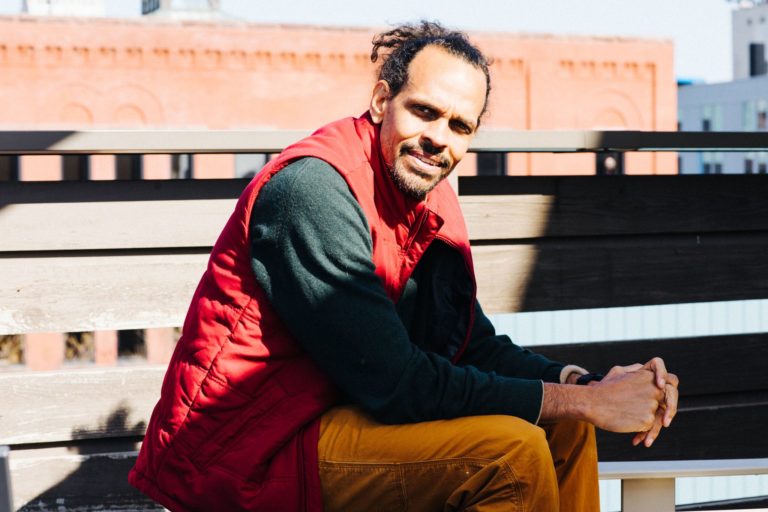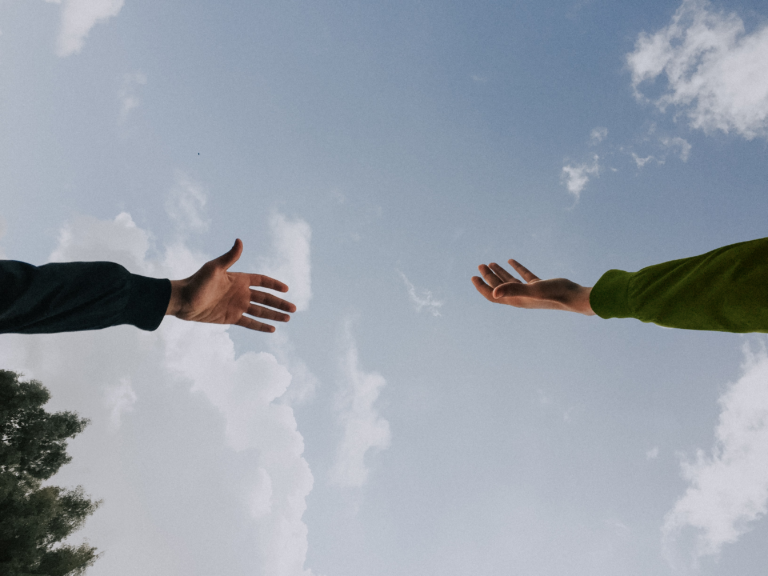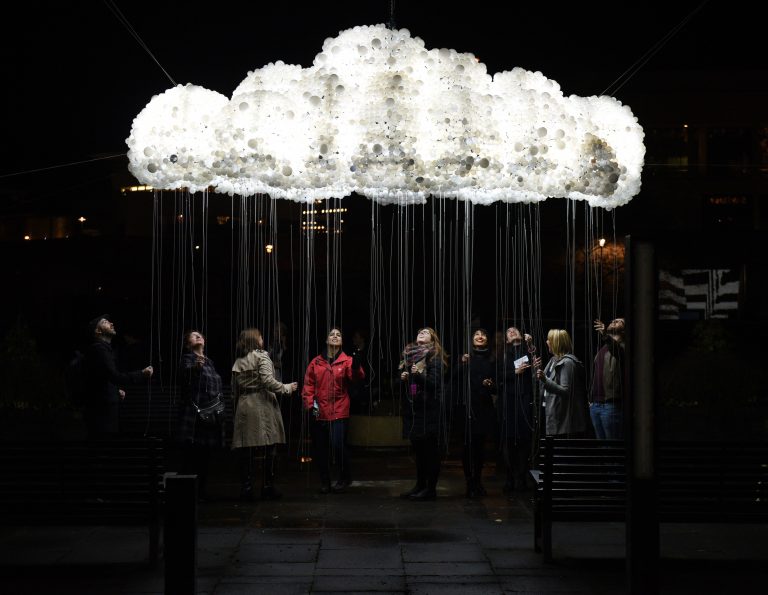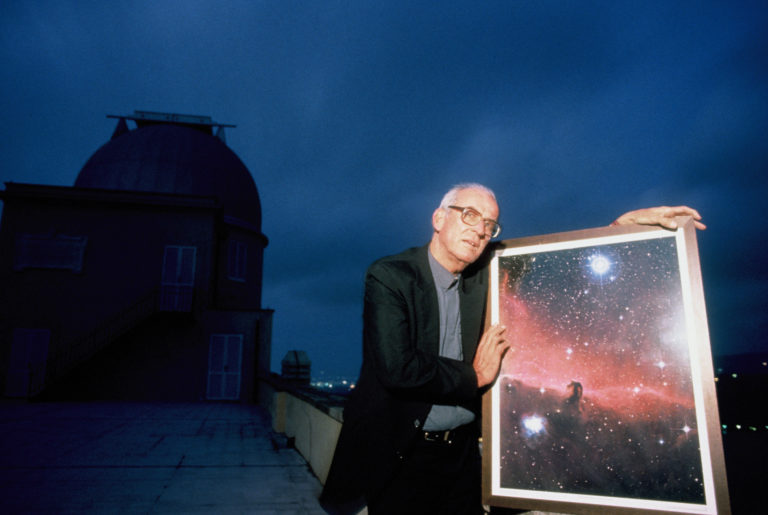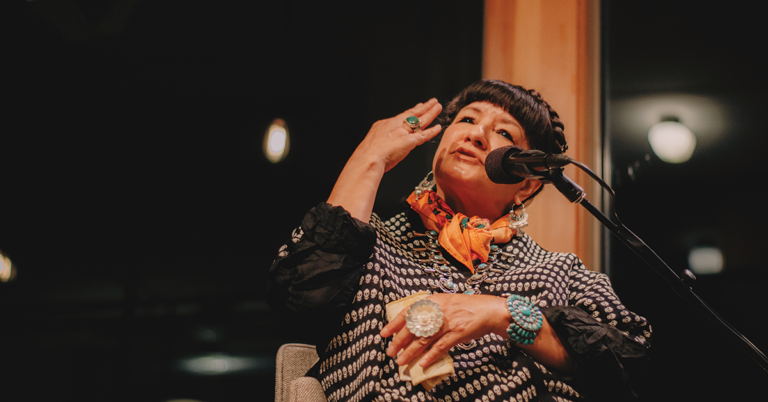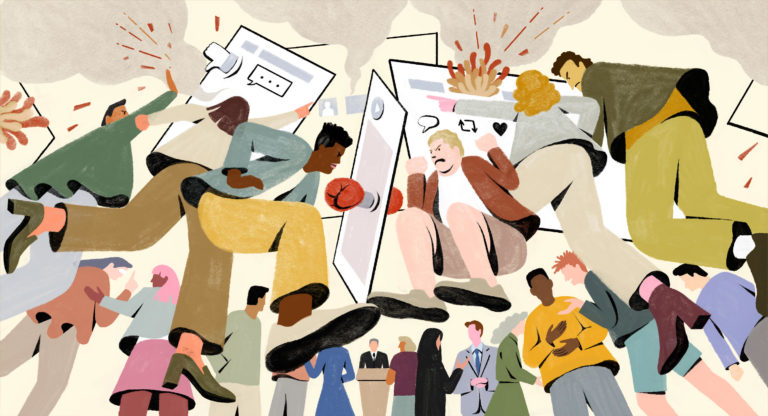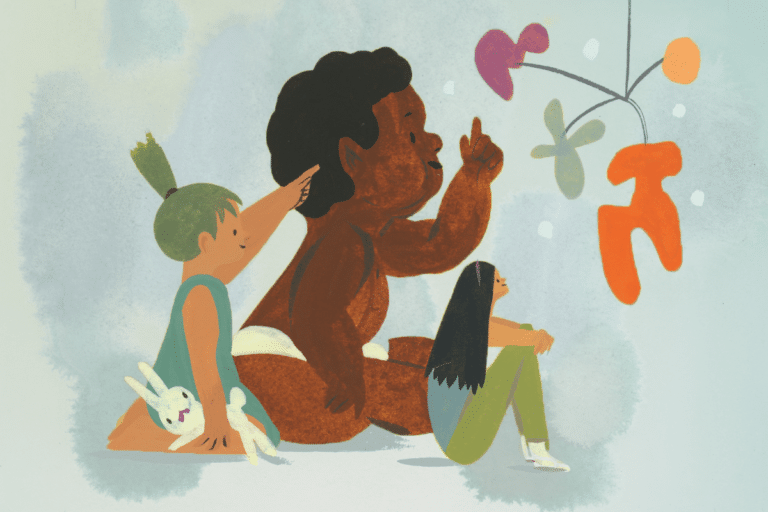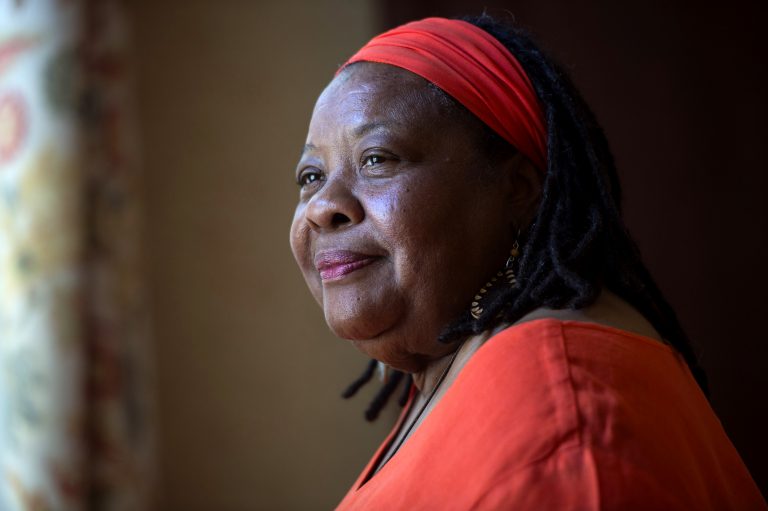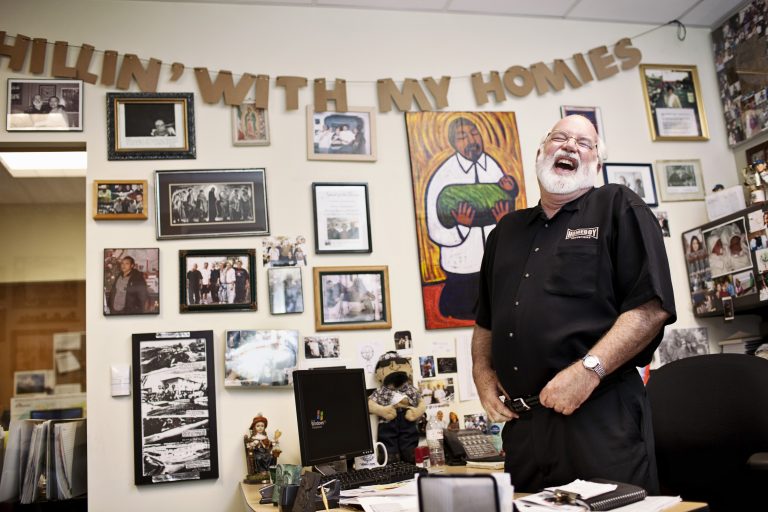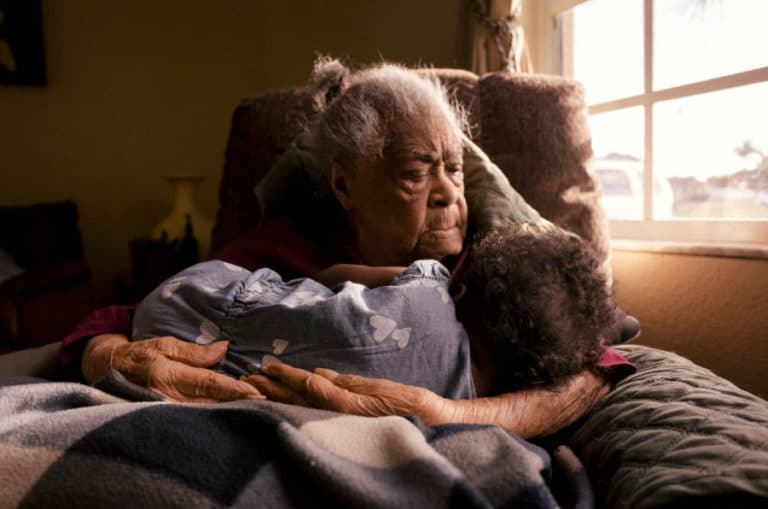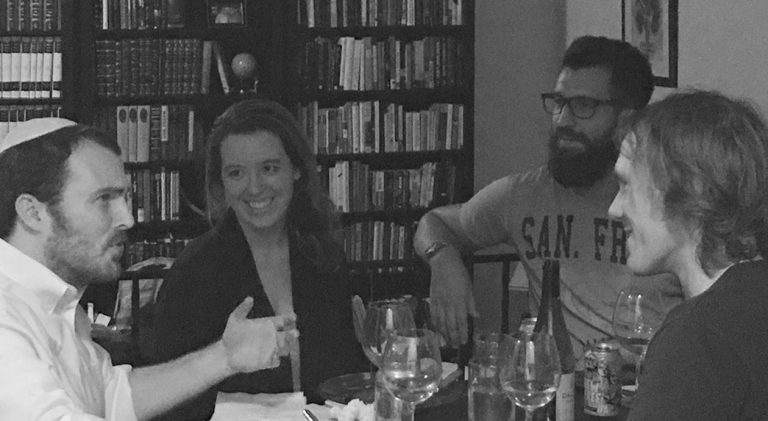Lennon Flowers and Rev. Jennifer Bailey embody a particular wisdom of millennials around grief, loss, and faith. Together they created The People’s Supper, which uses shared meals to build trust and connection among people of different identities and perspectives. Since 2017, they have hosted more than 1,500 meals. In the words they use, the practices they cultivate, and the way they think, Flowers and Bailey issue an invitation not to safe space, but to brave space.
Editor’s note: The original title of this episode was “An Invitation to Brave Space,” taken from the name of a poem credited to Micky ScottBey Jones that is read at the end of this conversation. We have changed the title because it was revealed in June 2021 that Micky ScottBey Jones plagiarized the majority of “An Invitation to Brave Space” from an untitled poem written by Beth Strano. According to The People’s Supper and Faith Matters Network, Micky initially said the poem was “inspired by the words of an unknown author” before later claiming sole authorship. At the time of this note, she is participating in a transformative justice process with Beth Strano.






